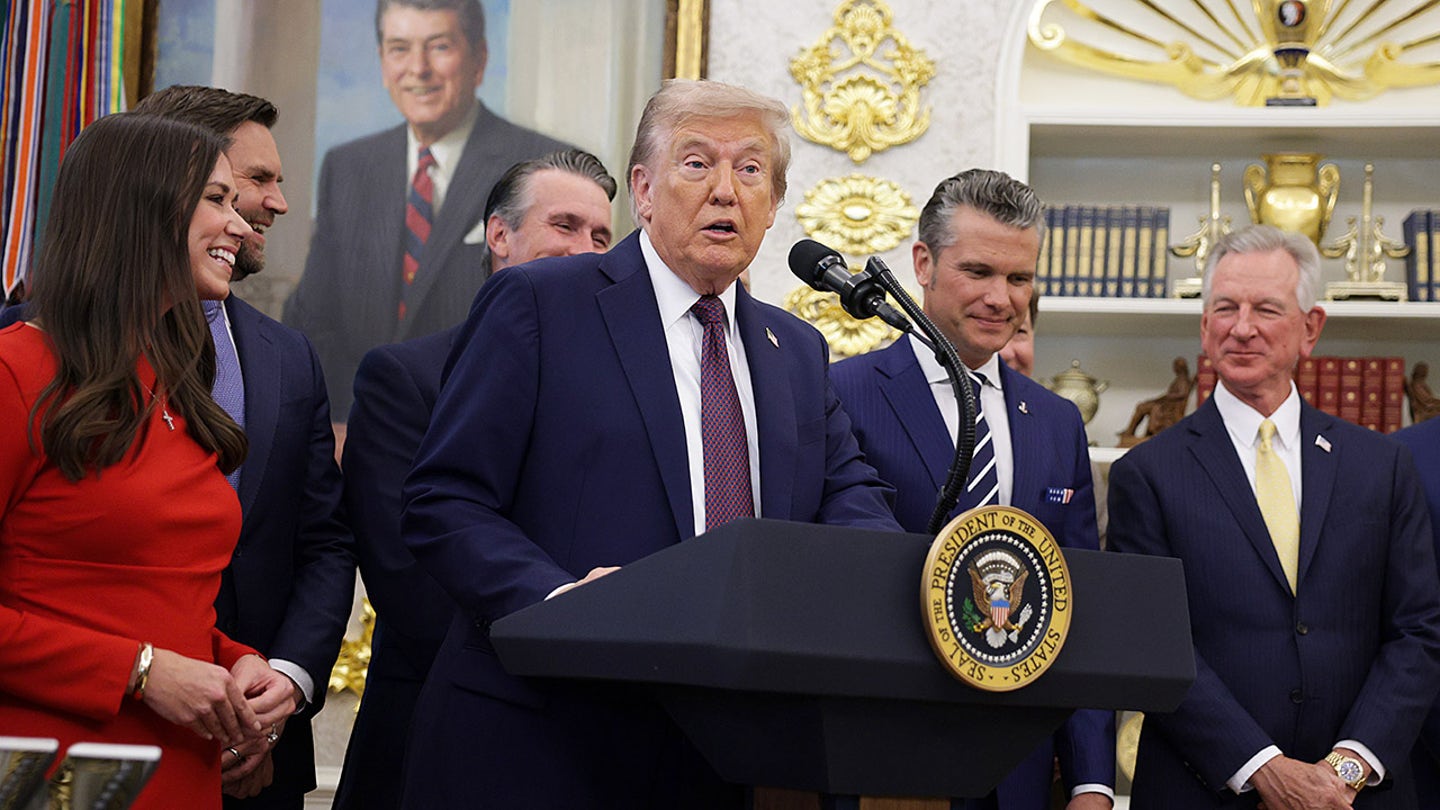Entities mentioned:
- Stuart Smith (Syko Stu): Self-preservation, Professional pride, Justice
- Raja Jackson: Aggression, Power, Revenge
- Rampage Jackson: Obligation, Self-respect, Concern
- Contessa Patterson: Loyalty, Justice, Care
- KnokX Pro Wrestling Academy: Professional pride, Damage control, Obligation
- Kick (video platform): Professional pride, Self-preservation, Control
Article Assessment:
Credibility Score: 75/100
Bias Rating: 50/100 (Center)
Sentiment Score: 30/100
Authoritarianism Risk: 20/100 (Strongly Democratic)
Bias Analysis:
The article presents a balanced view of the incident, including statements from multiple parties involved. It refrains from sensationalism and provides factual information without apparent bias towards any party.
Key metric: Public Safety and Violence Prevention
As a social scientist, I analyze that this incident highlights the potential dangers in combat sports and entertainment wrestling when boundaries are crossed. The unscripted assault during what was supposed to be a choreographed performance raises concerns about safety protocols in such events. The public reaction, as evidenced by the substantial fundraising for the victim, indicates a strong societal disapproval of such violence and support for the injured party. This event may lead to calls for stricter regulations or oversight in combat sports and wrestling entertainment to prevent similar incidents in the future. The swift action by the video platform to ban the aggressor's account also demonstrates the increasing role of digital platforms in enforcing social norms and safety standards.











